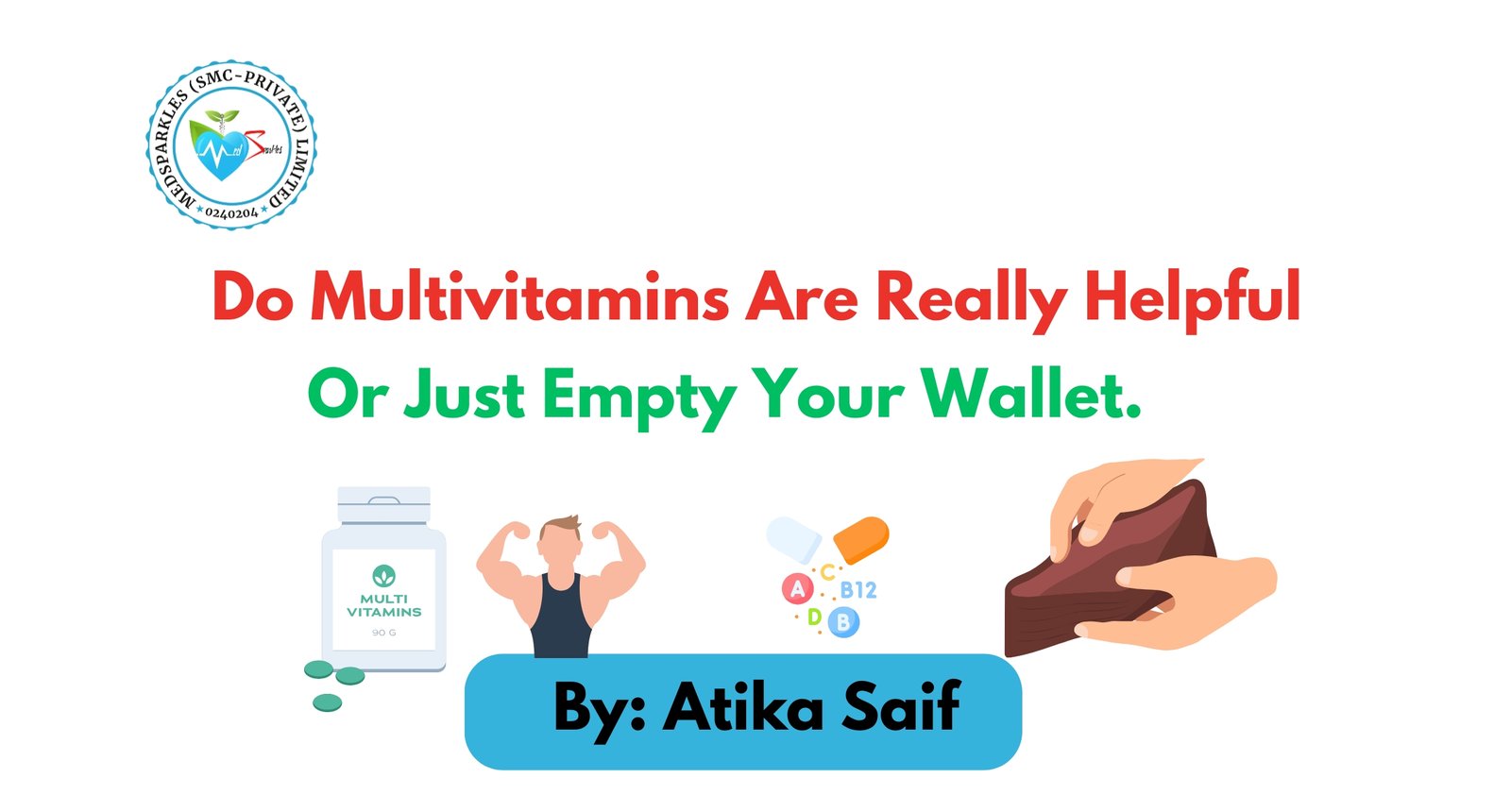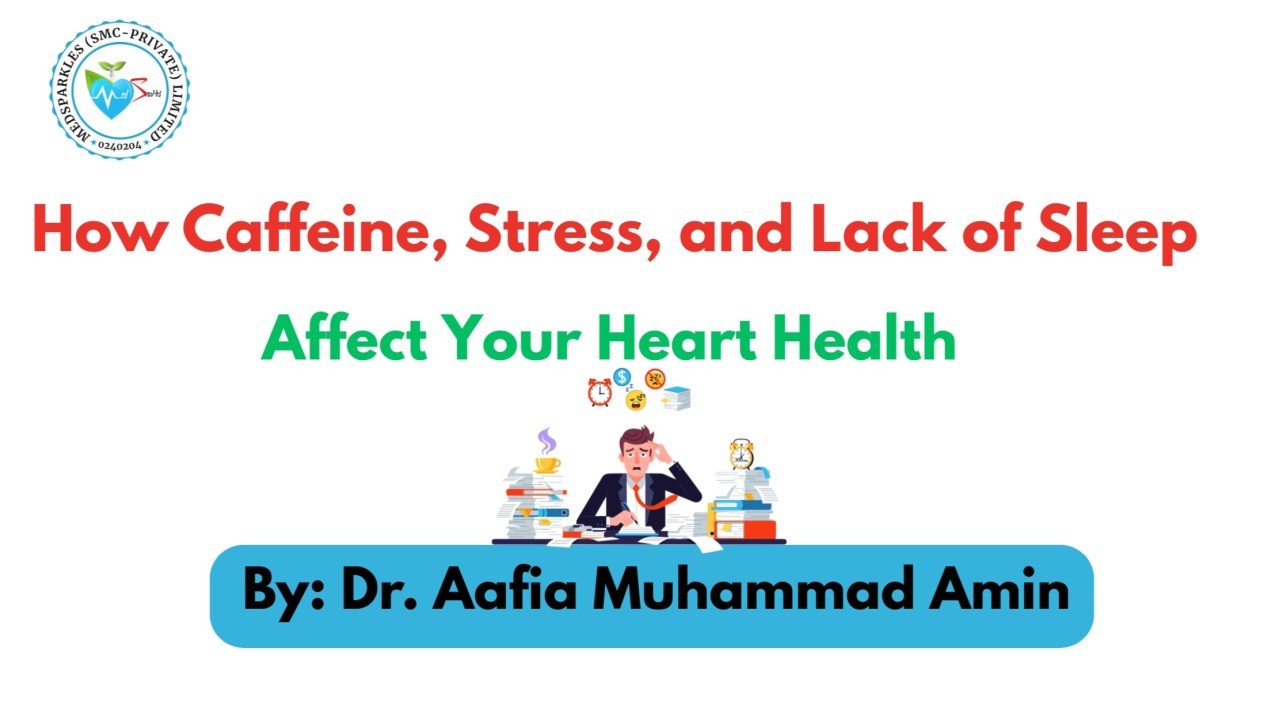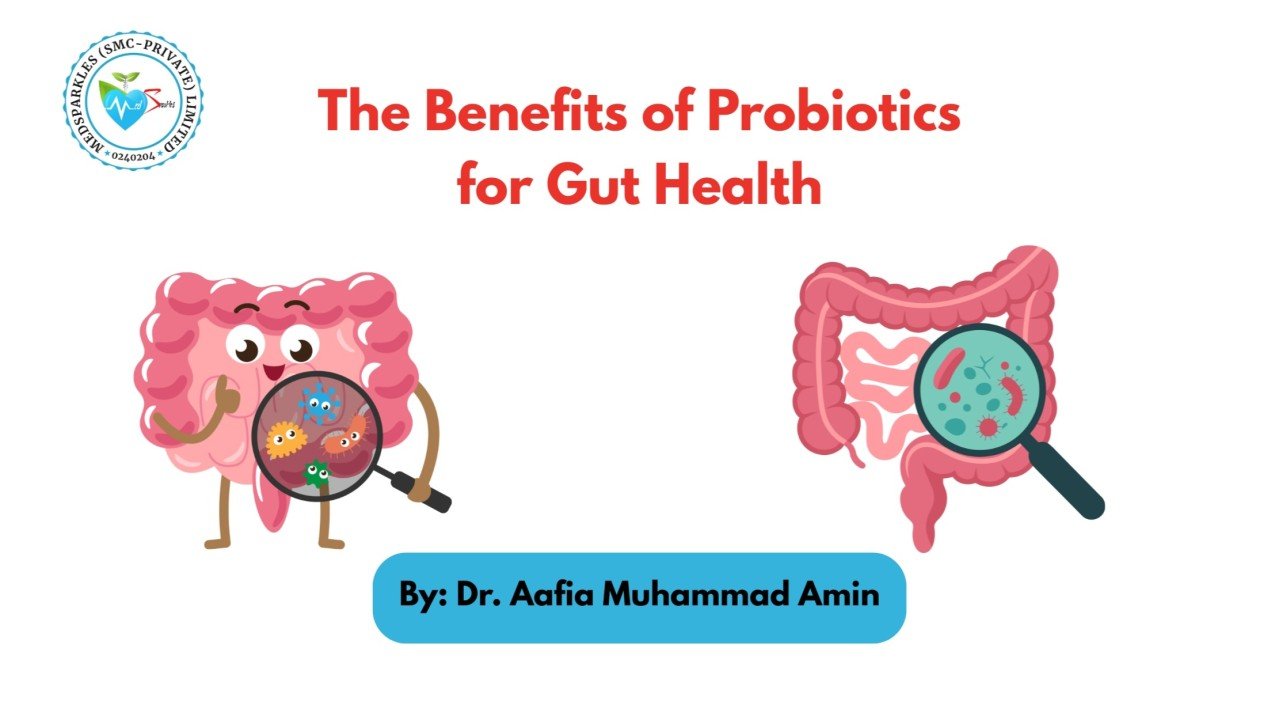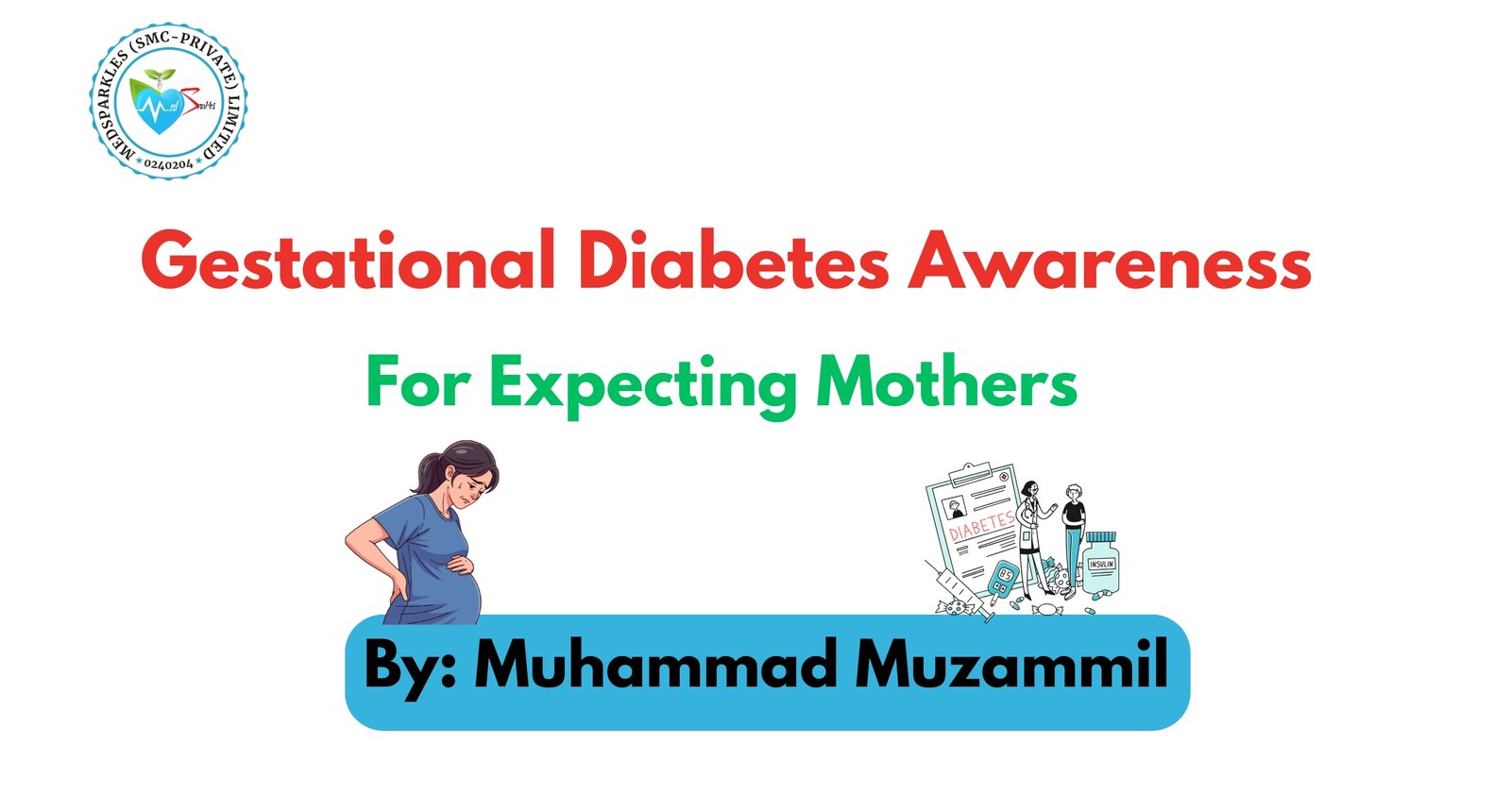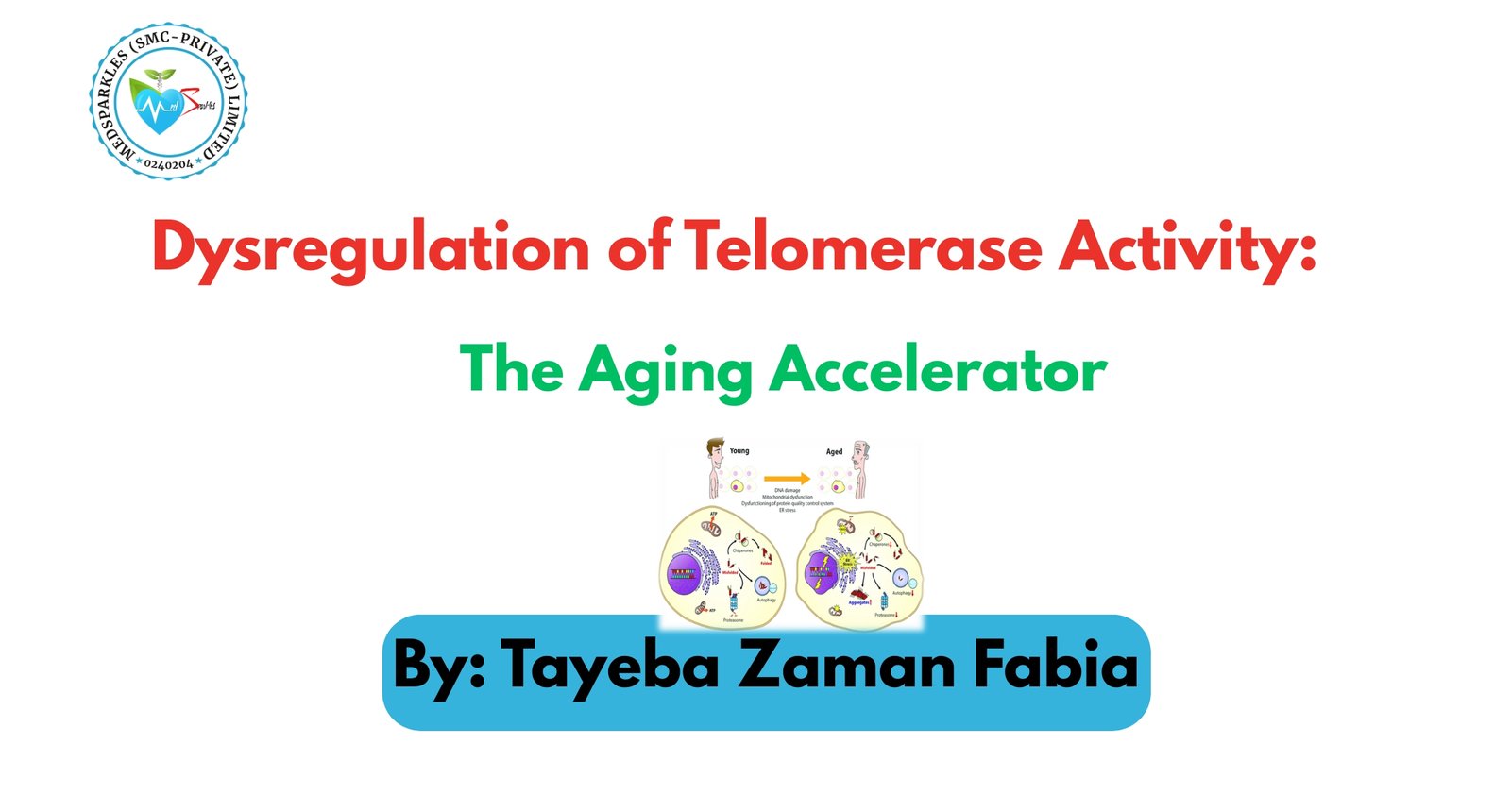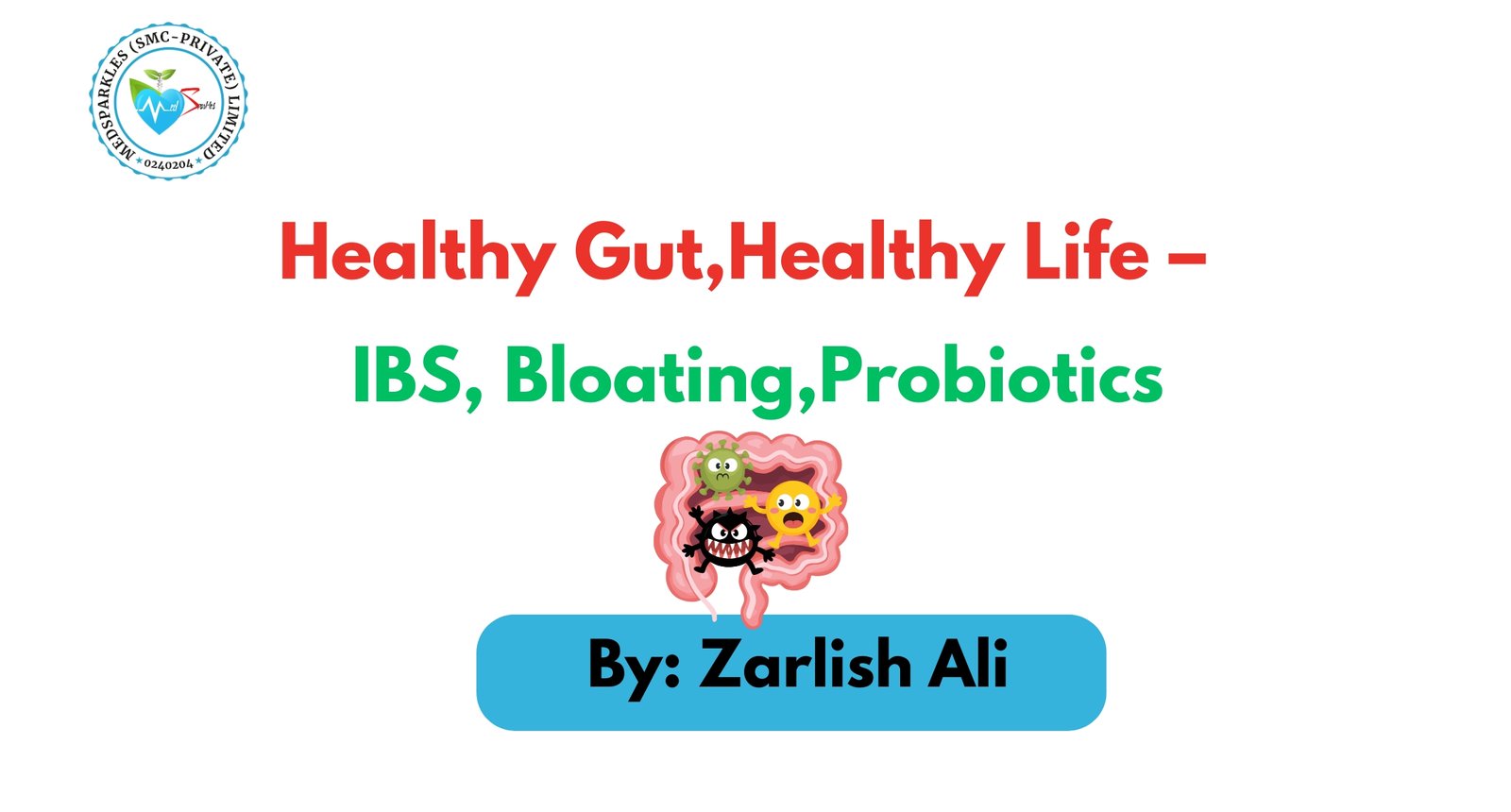Do Multivitamins Really Help or Just Empty Your Wallet?
From pharmacy shelves to Instagram ads, multivitamins are everywhere — marketed as quick fixes for better health, glowing skin, and stronger immunity. Globally, the supplement industry is worth billions of dollars. But here’s a question we often ignore: Do you actually need a multivitamin, or are you just following the trend?
This blog breaks down the science, myths, and facts, helping you decide whether those little pills are truly worth it.

What Are Multivitamins?
Multivitamins are dietary supplements that combine a range of essential vitamins and minerals into a single pill. They are designed to “fill the gaps” in nutrition — especially for people who might not meet daily requirements through diet alone.
But here’s the catch: your body doesn’t always absorb synthetic vitamins the same way it does nutrients from whole foods.
Common Multivitamin Myths vs. Reality
- Myth: Multivitamins can prevent disease and make up for a poor diet.
- Reality: Multivitamins don’t reduce the risk of cancer, heart disease, or cognitive decline. They are not a substitute for a healthy diet. Whole foods provide complex combinations of nutrients, fiber, and other beneficial compounds that supplements lack.
- Myth: Taking a daily multivitamin guarantees good health.
- Reality: Individual health outcomes depend on many factors, including genetics, diet, and lifestyle. Multivitamins offer modest benefits at best — they’re not a “magic pill.”
- Myth: High doses of vitamins in supplements are more beneficial.
- Reality: High doses can be harmful. Fat-soluble vitamins (A, D, E, K) can build up in the body and cause toxicity. Excessive intake of certain vitamins, especially A and D, can even lead to severe health consequences — including coma or death.
Who Might Benefit?
Targeted Supplementation: Instead of broad multivitamins, individuals with diagnosed nutrient deficiencies may benefit more from specific supplements prescribed by a healthcare provider.
Elderly or Specific Conditions: Older adults or those with chronic conditions may have increased needs for certain nutrients — for example, vitamin D or B12 — that should be assessed by a professional.
The Importance of Food First
Nutrient Synergy: Whole foods offer a more complete and bioavailable source of nutrients, including fiber and phytochemicals — elements most supplements lack.
Focus on Diet: A balanced diet rich in fruits, vegetables, lean proteins, and healthy fats is still the most effective long-term strategy for overall health.
Summary
Always consult a healthcare professional to understand your unique nutritional needs before taking any supplements.
Prioritize a balanced diet first, as it provides the full range of nutrients your body needs.
Remember: multivitamins are meant to supplement your diet — not replace healthy food choices or physical activity.
Frequently Asked Questions
Q: Can multivitamins be harmful?
Yes — in excess. Overdosing on fat-soluble vitamins (A, D, E, K) can cause toxicity.
Q: Do multivitamins boost energy levels?
Not directly. They don’t work like caffeine. They may help only if fatigue is due to a specific deficiency (e.g., B12 or iron).
Q: Are multivitamins necessary for children?
Not usually — if kids eat a balanced diet. Pediatricians may recommend them for picky eaters or children with deficiencies.
Q: Do multivitamins improve skin and hair?
There’s no strong evidence. Nutrients like biotin and vitamin D help only if you’re deficient. No pill can replace proper diet and hydration for healthy skin and hair.
Q: Should I stop taking multivitamins?
If prescribed by your doctor, don’t stop abruptly.
If you’re taking them on your own, evaluate your diet and consult a healthcare professional before making changes.
References:
- Manson, J. E., & Bassuk, S. S. (2019). Multivitamins and supplements: Do they work? JAMA.
- NIH Office of Dietary Supplements (2024). Multivitamin/mineral supplements fact sheet.
- Harvard Health Publishing (2022). Should you take a multivitamin?
